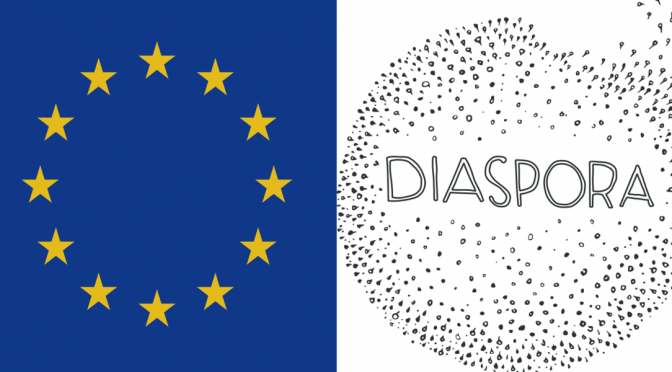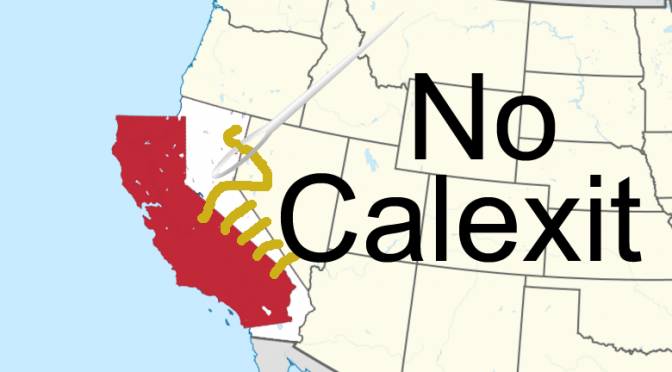Category: Technology
-

Options Beyond #DeleteFacebook : GDPR and Diaspora
I want to point to two things that exist already, and only need more adoption, that seem like the right direction after Cambridge Analytica and Facebook’s phone-scraping practices. One is legal (the GDPR), and the other is technological (Diaspora). Neither of them seems likely to become part of modern American life overnight, but I think…
-
Use Signal
Signal is currently the best secure messenger. It’s like WhatsApp, but its code is open source and its servers managed by a grant-funded nonprofit, which keeps no metadata. By contrast, WhatsApp is owned by Facebook, which encrypts the messages but keeps activity records/metadata. Probably it doesn’t make a difference in your life or mine which…
-
Let’s Review The Leaders Who Have The Bomb
The list as of January will be: Vladimir Putin, Xi Jinping, François Hollande, Theresa May, Narendra Modi, Mamnoon Hussain, Benjamin Netanyahu, Donald Trump, and maybe Kim Jong-Un.((Federation Of American Scientists: Status Of World Nuclear Forces)) I don’t really completely trust any of those people not to use it, and several of them I really don’t…
-

Calexit is not funny. It is a horrible idea.
On the eve of the election I was on Facebook and, as things were starting to look grim, one of my friends posted “Jerry Brown will save us.” I thought that was pretty funny and replied about how one of our mutual friends has a “US Out Of California” shirt and maybe I should get…
-

Standing wall desk (plus plant wall)
I work from home, and I wanted to have a standing desk. I also wanted to be able to share the room with my wife, and I didn’t really need a large desk to set lots of papers on. I just needed a keyboard, and a monitor, and maybe a place to set a few things.…
-

Swapping Kindle Keyboard (Kindle 3) Motherboards or Screen Assembly
My Kindle 3 started freezing a few minutes after I booting up. This started after I ran the battery down completely; but the battery appeared to charge fine, and swapping batteries did not fix it. Following the advice of this blog post from SiliconFish, I ordered a couple of broken-screen Kindles from ebay ($10 including…
You must be logged in to post a comment.